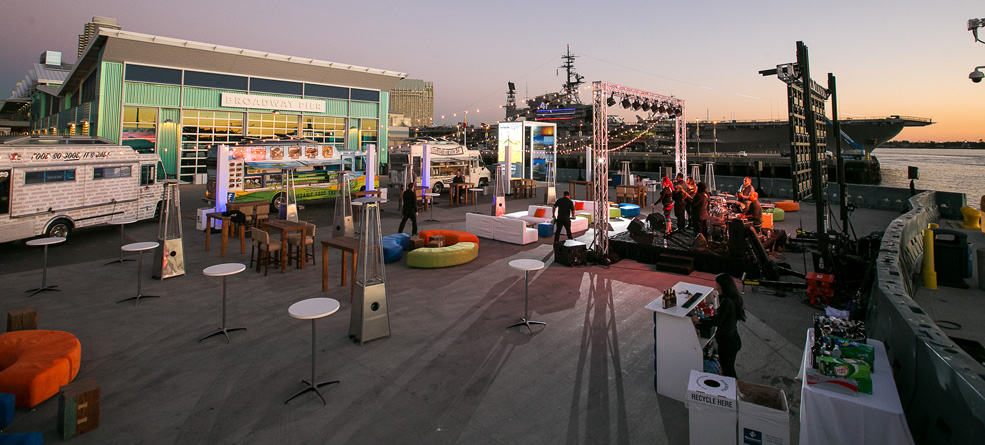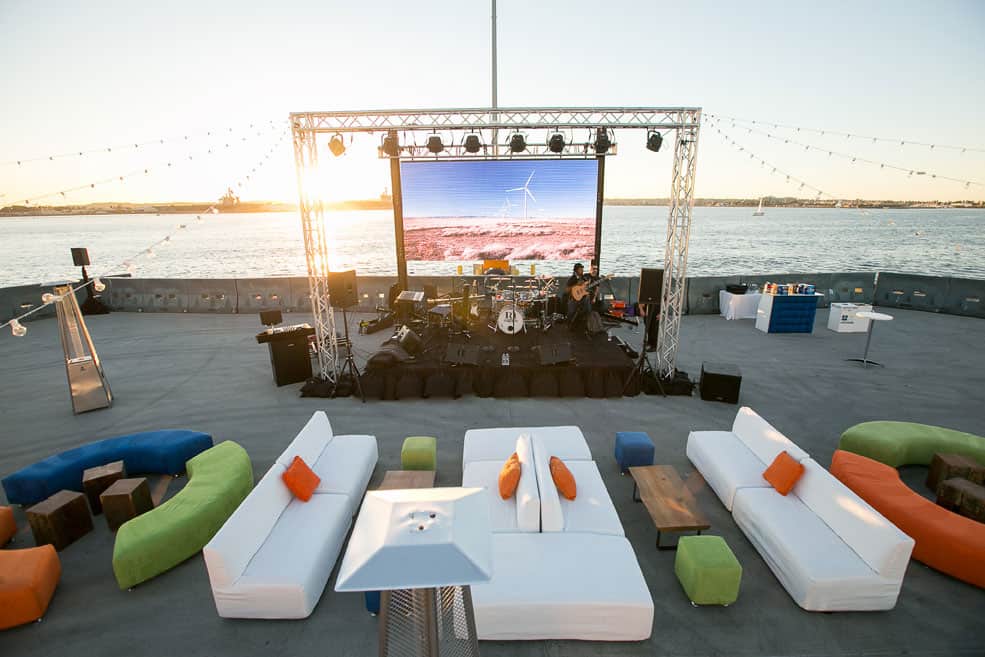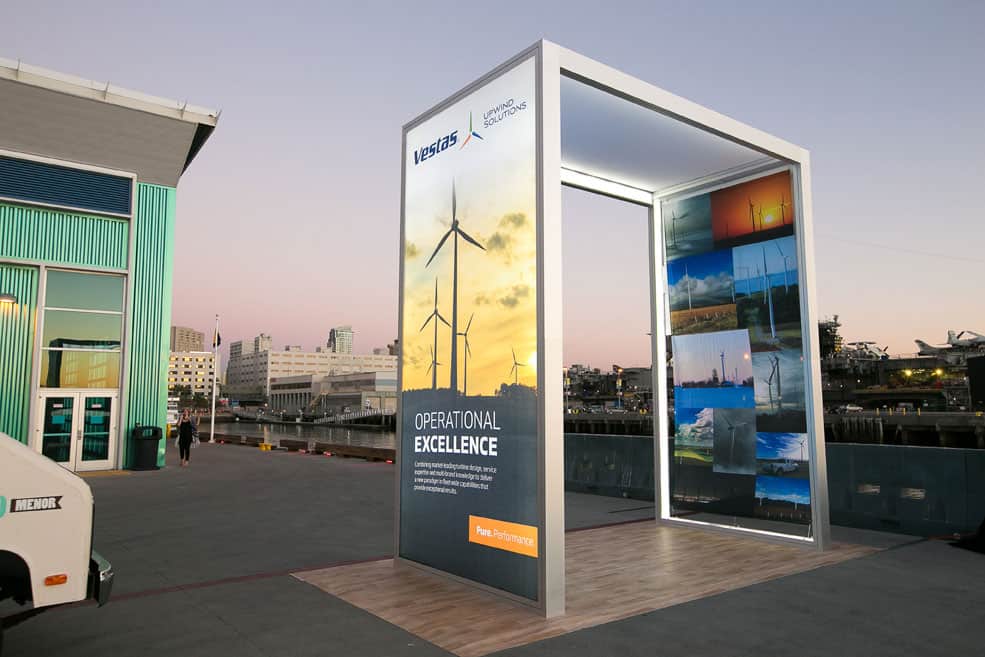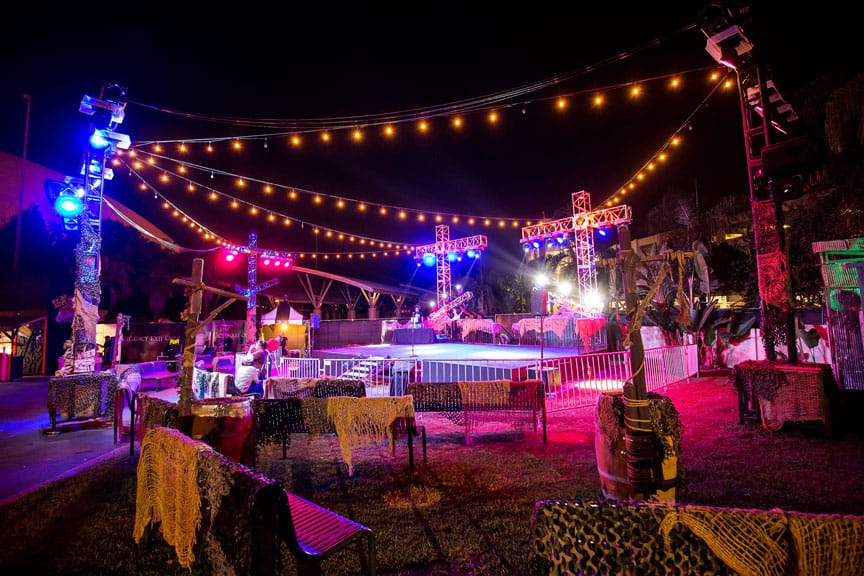Building your event budget can be a daunting task. With many varying factors and unknown elements, it can be hard to know where to begin. Your event budget becomes your guide throughout the event planning process to help you make key decisions. Creating a detailed and realistic budget template goes hand-in-hand with a successful event. In this article, we’ll look at various factors to consider when building your event budget. Whether you have a smaller budget or an unlimited one, you will feel prepared and empowered to pull off your event successfully.
Income Estimate:
To know how much money you can spend, first you need an estimate of how much income you have to play with. Does your company have money allocated for the event or are you solely relying on the income brought in by registration fees and sponsorship dollars? Maybe you have a combination of all three. Determining your income estimate not only tells you how much money you have to spend but also tells you the profitability of your event.
Now that your income is estimated, let’s look at various line items to consider building into your budget. With each of the following factors, there are some best practices to keep in mind. Before building your budget, make sure to establish your goals. This will help you allocate your funds properly to the elements that hold the most value to your event. If you’ve held this event in the past, historical data is important to look back at and it can help you determine how much to budget for certain items. Pay attention to detail! In an event budget, no detail is too small. Being as detailed as possible will help you make informed decisions during the planning process and help leave no room for error.

Venue Fees:
In order to have an event, you have to have a place to do it! The event venue is one of the most important and most expensive factors of the event budget. Once you find a venue that meets your criteria, contract negotiation can begin. Be as detailed in your goals and vision as possible so that the venue can contract to your needs and there are no hidden fees or surprises.
Contracts:
Once you have your contracts in place for your venue and any other outside vendors, make sure to go through each contract in detail. The contracts will outline certain costs that you’ve agreed to and that you need to make sure you allocate in your budget. Maybe your venue charges you a set-up fee or there is a fee to bring in another outside partner. Going thoroughly through your contract will help find all of those factors to include in your budget.
Marketing:
Marketing is a big portion of the budget to consider. If you want an event website, there will be fees associated with purchasing a domain name, hosting your domain, and building your website if you choose to hire an outside source to develop it. The same goes for your registration site. Some registration sites charge a fixed amount per registered guest so having an estimate on your attendance will help determine that cost. An email marketing source is a good way to get the word out. You can also choose to do paid search such as Google AdWords or paid social media on Facebook. You might even consider hiring an outside marketing team or public relations team to promote your event.
Credit Card Fees:
If you are collecting registration money and accepting credit card fees, find out where the credit card fees are being collected. You can either have them factored into the registration price so that the guests are responsible or put it in your budget. Credit card fees can range anywhere from 1-5% of each transaction depending on your registration system and processing software. This is not a line item to overlook!
F&B:
Depending on your venue contract, you more than likely have a food and beverage (F&B) minimum that you are required to meet. This is a good starting point for your overall budget. It is recommended to keep a separate, more detailed F&B budget where you breakout each individual meal function. This is where you can factor in taxes, service charges, and quantities of each meal. A detailed F&B budget will also help you keep on track with your F&B minimum and make sure you are meeting that requirement.

Audio/Visual:
You’re audio/visual (A/V) line item will vary based on your event’s scope and look and feel. If you just need basic A/V such as screens and projectors, you will be on the lower end of an A/V line item. A/V costs start to increase significantly once you start adding event lighting, stage design, high-res projectors, sound systems and the works. If A/V is important to you, expect to have a large portion of your budget allocated to it.
Union Labor:
Union labor can be a very costly added expense that needs to be added to your budget. If your venue is a union venue, you will have to pay union labor costs on top of the labor costs of your contracted vendors. Make sure any of your contracted vendors work closely with the required union labors to help keep the cost down.
Power / Rigging / Internet:
Power, rigging, and internet are other venue fees that will vary based on scope and venue. Power will be needed to run anything that requires electricity. This includes power drops, extension cords, and most venues even charge you to use the wall sockets already built in. Rigging is a charge when something needs to be hung or suspended from the ceiling. Sometimes it can be included with the vendors that require rigging such as A/V or signage and other times the venue will require their team to hang which is an additional cost. Internet is another item to add to the budget. You can choose to supply internet to all attendees or only allocate wifi to staff and those who require connectivity such as speakers or A/V.
Signage and Event Branding:
Signage is an important part of any event. It helps directs your attendees to the right places, gives them information on your agenda, and is also a great way to a give your company extended visibility to other people who are near your event venue or staying at your hotel. Traditional signage is a great and functional option for branding. There is also room for creativity with elevator/escalator clings, video mapping, and unique ways of event branding as budget allows.

Printed Materials:
Printed materials can include many different promotional items for your event. It can include name badges, lanyards, menus, program guides or agendas, logoed napkins, and even different promotional giveaways with your logo on it such as water bottles, chapstick, or notebooks. Get creative and make sure to add it to your event budgeting!
Entertainment:
Whether it be a live band, aerial artists or fire dancers, entertainment is an important part of any event to WOW your audience and keep them engaged.
Mobile App:
More and more events are including a mobile app to give their attendees access to all event information at their fingertips. There are several mobile app companies that can help you launch an app specifically for your event. The cost of these can vary from all their different functionalities.
 Other event technology:
Other event technology:
Are you going to include any other technology at your event? Lead retrieval or virtual reality? There are numerous options out there in event technology, and as technology goes, it is always changing and progressing. Do research to find out what technology you might want to include and make sure to include them in your budget.
Security:
Hiring security is an extra but necessary expense. Whether they’re checking IDs for a 21+ event, patrolling your event space overnight or keeping your attendees safe during the event, contracting a security company is a good use of your budget!
Speakers:
Bringing in speakers, no matter the caliber, can hit your budget. Most speakers have a set speaker fee to have them come speak at your event. This is a hard number that would come in their contract. Their contract can also include fluctuating costs such as travel expenses covered in addition to room temperature water and only the green M&M’s (for those who enjoy the finer things in life).
Shipping:
Factor in any shipment of supplies that you need to send to the event, and anything that you may need to get home after wrap up!
Travel:
No matter where your event is taking place, travel will be involved for you and your staff. Between parking, mileage, airfare, taxis, hotel room nights, meals, and per diems – travel expenses can add up.
Emergency Fund:
Always set aside money in your budget for emergencies. Live events can be unpredictable. Set up can take longer than anticipated thus requiring overtime labor. A sponsor might be missing from the sponsorship sign, and a new one needs to be rush ordered. A speaker might cancel last minute which requires you to find a last-minute replacement that will probably cost twice as much. Things will always come up so it is pertinent to have extra money set aside for the unexpected!
The list above is just a starting point to help you get your event budget underway. Hopefully, you are feeling empowered to tackle the once daunting thought of creating an event budget. But instead of doing it by yourself, why don’t you bring in the experts?

The Experts:
Hiring an outside event management company, like Vario, is one of the smartest decisions you can make for both your event budget and the overall success of your event. Having experienced CMP, CSEP, and CMM credentialed staff, they will treat your budget with care and ensure that spending stays within its limits. With the exceptional knowledge of which line items to include in the budget and what makes your event unique, you will be well assured that no item was overlooked and everything was accounted for. With strong and long-lasting partnerships with some of the best event partners in the industry, your outside event professionals will be your number one advocate. They will leverage these trusted partnerships in favor of your budget.
The transparency you receive will assure you that you are getting the best value for your money and receiving the best service and creativity from your partners. Not only will an outside event planning company help you build a comprehensive and detailed budget, but they will help you manage it. Your budget will be consistently watched with a close eye to make sure spending is in check. Recurring updates will be provided so you are fully aware of where the budget stands. Once the event is complete, your trusted event organizers will also help reconcile the budget for you. They will go through final bills and make sure no unauthorized charges slip through. You will be able to sleep easy at night, knowing your budget is in good hands. So do yourself and your budget a favor, and bring in the experts to help you plan, manage, and finalize your event.
For all things planning, check out our Corporate Event Planning Checklist!







